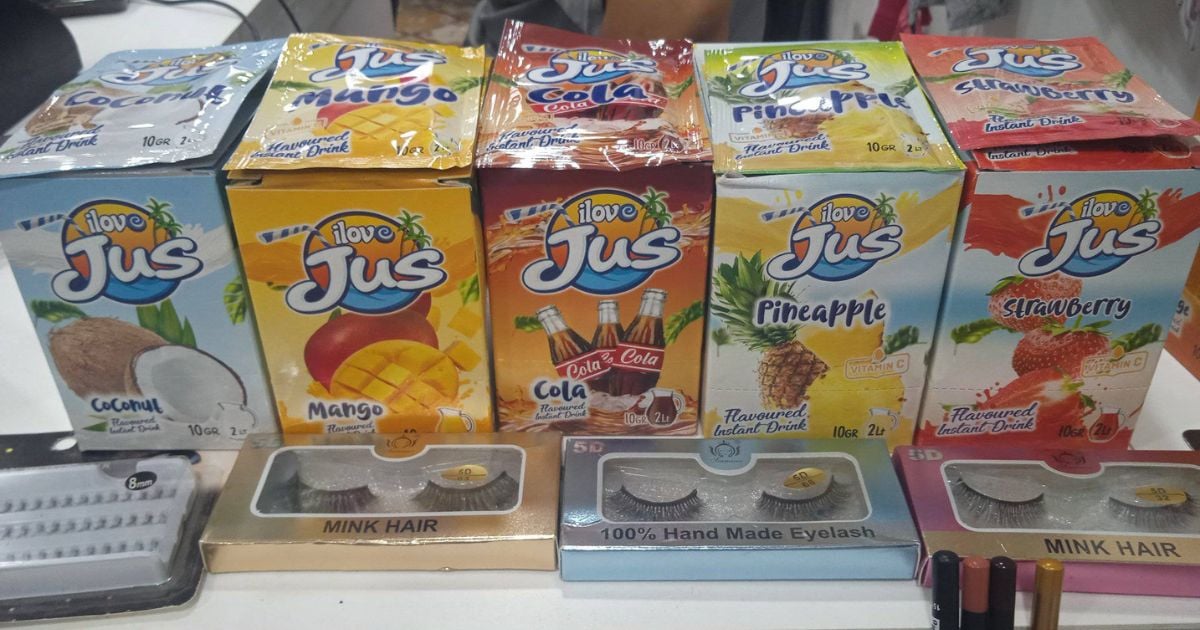
In a context where sugar reaches 500 pesos per pound in the informal market and with only 15 operational sugar mills for the upcoming harvest, Cubans are forced to resort to an extreme and harmful practice: using instant drinks as a substitute to sweeten food and beverages.
The Food Monitor Program issued an alert about this concerning situation, warning that this practice is already causing victims and generating serious consequences.
The platform reported a case in the province of Guantánamo in which the life of an infant just a few months old was endangered.
A practicing doctor, speaking anonymously, explained that the mother, “lacking sugar for days and having no options to sweeten the milk she was giving to the girl, resorted to using powdered drinks to sweeten this product.”
As a result of this practice, the baby began experiencing vomiting and diarrhea "which led to dehydration and she had to be admitted to intensive care"; fortunately, the little girl survived.
However, the doctor warned that such cases are increasingly seen in consultations, which demonstrate "the extremes to which a person can go to feed their children in the midst of all this scarcity."
Additionally, the doctor stated that there is currently an increase in cases with gastrointestinal symptoms, exacerbated by the consumption of soft drinks and the shortage of medications.
The platform also warned that the dependence on processed and artificial products "can have serious repercussions for public health," which, combined with food shortages and limited access to healthcare in Cuba, could "trigger new contradictions and challenges for Cubans," further exacerbating the current crisis.
Among the causes that have led to this problem, the Food Monitoring Program highlighted "its relative ease of acquisition, its low price, its presence in multiple stores, and the constant delays in the distribution of sugar from the basic basket."
Finally, he considered that "the use of instant soft drinks as sweeteners is a faithful representation of a subsistence economy where basic products are scarce and expensive."
However, it is not the first time that events of this nature have been recorded, which is ironic considering that this occurs in a country where sugar production was once the "national pride" and "pillar of the economy."
In the past, people turned to sweetening drinks with medicinal syrups, showing that the problem is not actually new.
And in that context, the Cuban regime continues to be immersed in its vicious circle and renewed its call to reactivate sugar cane planting and food production in the entities of the sugar mills, with the same slogan of making use of the fertile lands of the island.
According to the official newspaper Granma, Salvador Valdés Mesa, Vice President of the Republic and member of the Political Bureau of the Communist Party of Cuba, emphasized at the III Conference of the National Sugar Workers Union (SNTA) the need to promote the upcoming sugar harvest with "responsibility and rationality," despite resource limitations.
What do you think?
COMMENTFiled under: